
In the lithium ore beneficiation process, flotation is one of the main methods for lithium ore separation. All lithium ores with industrial value, especially those in the form of fine particles, can be enriched by flotation. However, the effect of the lithium flotation process is affected by a variety of factors, including grinding fineness, ore mud and floating impurities, water quality, slurry concentration and pH value, stirring intensity and flotation time, as well as dosing methods and dosage of reagents.
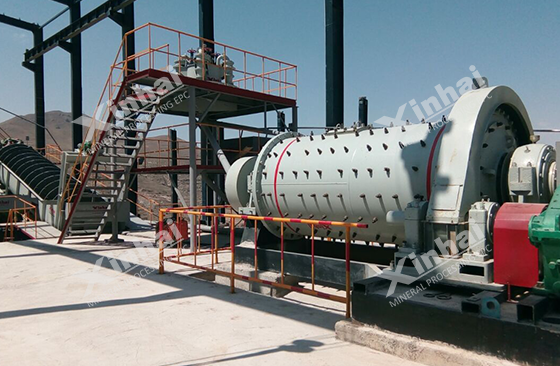
Grinding fineness is a key factor in the mineral processing process. Coarse spodumene is difficult to float, and the grinding fineness must be less than the upper limit of the mineral floating particle size. Too coarse particles will lead to insufficient mineral surface activity and limited bubble carrying capacity, resulting in reduced recovery rate. Too fine particles will lead to mineral mud, making it difficult for flotation agents to work and poor flotation effect. The appropriate grinding fineness should be determined according to the spodumene embedded particle size, usually the particles are less than 0.15mm to ensure that the mineral surface is fresh and active, and promote the effective interaction between the collector and the mineral surface.
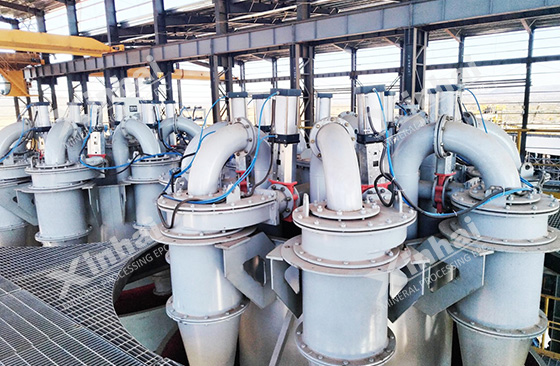
Sludge and easily floatable impurities have a significant negative impact on lithium flotation efficiency. The slime will adsorb the flotation agent, reduce its effective concentration, increase the viscosity of the slurry, affect the dispersion of bubbles and the collision of mineral particles, resulting in a decrease in recovery rate. Easy-to-float impurities will also consume a large amount of collector and weaken the flotation effect. In order to improve flotation efficiency, desliming treatment needs to be carried out before flotation, and the chemical system should be optimized to reduce the impact of sludge and easily floating impurities.
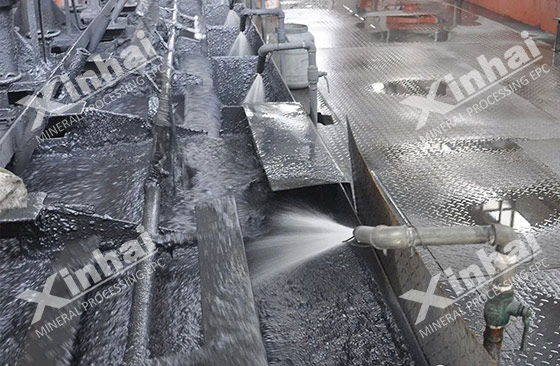
Water quality is critical to the lithium flotation process. The type and concentration of ions in the water directly affect the pH value of the flotation slurry, which in turn affects the concentration ratio of CO3²⁻, OH⁻, Ca²⁺ and other ions in the slurry, changes the electrical properties of the mineral surface and the interaction with the flotation reagents, thus affecting the flotation slurry. Select effect. The hardness of water quality will also affect the amount of collector used. Under soft water conditions, naphthenic acid soap can significantly improve the recovery rate, while hard water may be disadvantageous. Therefore, during the flotation process, the water quality should be kept clean, and the dosage and addition strategy of chemicals should be adjusted based on the mineral processing experiment results to optimize the flotation effect and ensure the stability of the process.
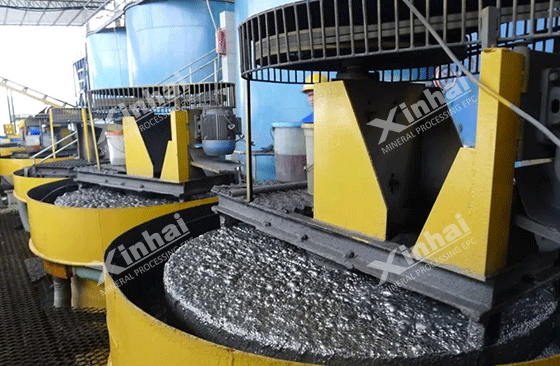
They jointly determine the lithium flotation recovery rate and concentrate quality. When the slurry concentration is low, the flotation recovery rate decreases, but high-quality concentrate can be produced; while increasing the slurry concentration can improve the recovery rate and the production capacity of the flotation machine, but it may sacrifice the concentrate quality. At the same time, the pH value of the slurry plays a decisive role in the hydrophilicity of the mineral surface and the adsorption of the collector. When the pH value is high, the hydrophilicity of the ore particle surface is enhanced, which is not conducive to the adsorption of the collector and affects the flotation of the mineral. For lithium ore, the suitable flotation pH range is 4.0 to 9.0, in which the pH value is close to the neutral weak alkaline environment, which is conducive to the effective effect of oleic acid and its soap collectors.
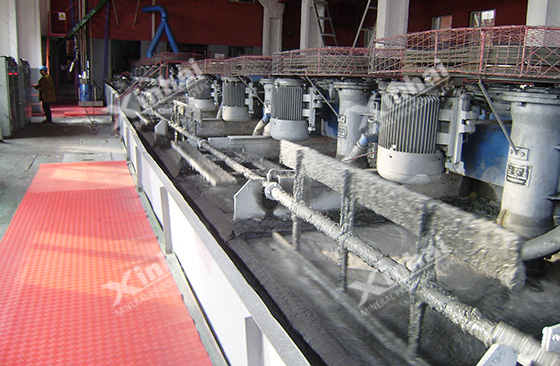
Agitation intensity and flotation time have an important influence on the lithium flotation process. Excessive agitation will cause mineral surface fatigue and fine mud to form, affecting flotation indicators; while too weak agitation will lead to uneven dispersion of reagents, reduced probability of collision of ore particles, and will also affect the recovery rate. The length of flotation time directly affects the mineral recovery rate and concentrate quality. Too short a flotation time may cause the mineral to fail to float fully, while too long a flotation time will reduce the concentrate grade and increase energy consumption and cost. Therefore, it is necessary to determine the reasonable flotation time through mineral processing tests to achieve efficient extraction. In the design stage of the flotation plant, the flotation time determines the number of flotation machines of a specified model.
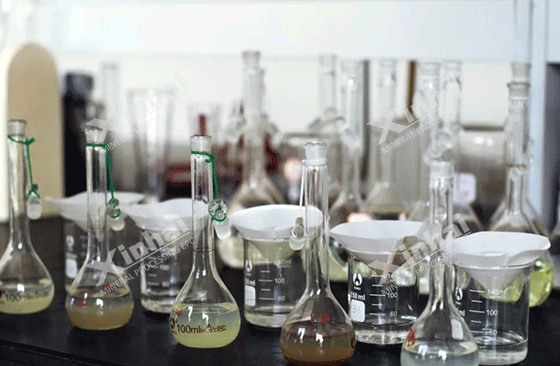
Reasonable use of reagents directly determines the lithium flotation effect to ensure the effective interaction between the mineral surface and the reagents during the flotation of lithium ore. In actual production, the dosing method and dosage of reagents are key factors. The single-point dosing method adds all flotation reagents into the slurry pretreatment equipment at one time. This method has a high reagent concentration at the beginning of flotation, resulting in fine particles floating first, fast flotation speed, but poor selectivity, weakened enrichment of the foam layer, and reduced selection effect. In contrast, multi-point dosing is suitable for minerals that are more difficult to float, and can enhance flotation selectivity. The selectivity of flotation can be improved by adding reagents in stages, but the dosing points should not be too many to avoid inaccurate measurement of reagent dosage.
Reasonable adjustment of reagent dosage is also crucial. Too little reagent dosage will lead to a weak foam layer, reduced selectivity and recovery rate; while too much reagent dosage will produce a large number of large virtual bubbles, affecting the flotation effect. In addition, the reagent dosage needs to be adjusted according to the hardness of the water quality. Different water quality conditions will affect the effective concentration and effect of the reagent.
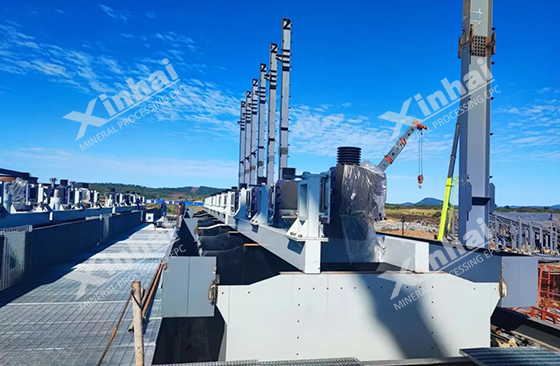
In order to improve the efficiency and concentrate quality of lithium flotation, it is necessary to conduct mineral processing tests based on the properties of the ore to determine the appropriate process parameters. By comprehensively considering factors such as grinding fineness, ore mud and floating impurities, water quality, slurry concentration and pH value, stirring intensity and flotation time, as well as dosing methods and reagent dosage, and flexibly adjusting according to the state of the foam layer and tailings, the flotation process can achieve the best effect.
To find out more about our products and solutions, please fill out the form below and one of our experts will get back to you shortly.